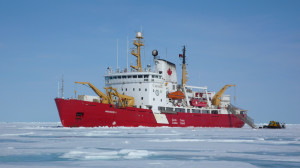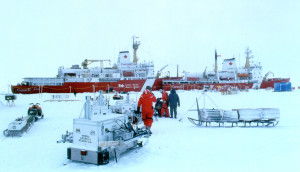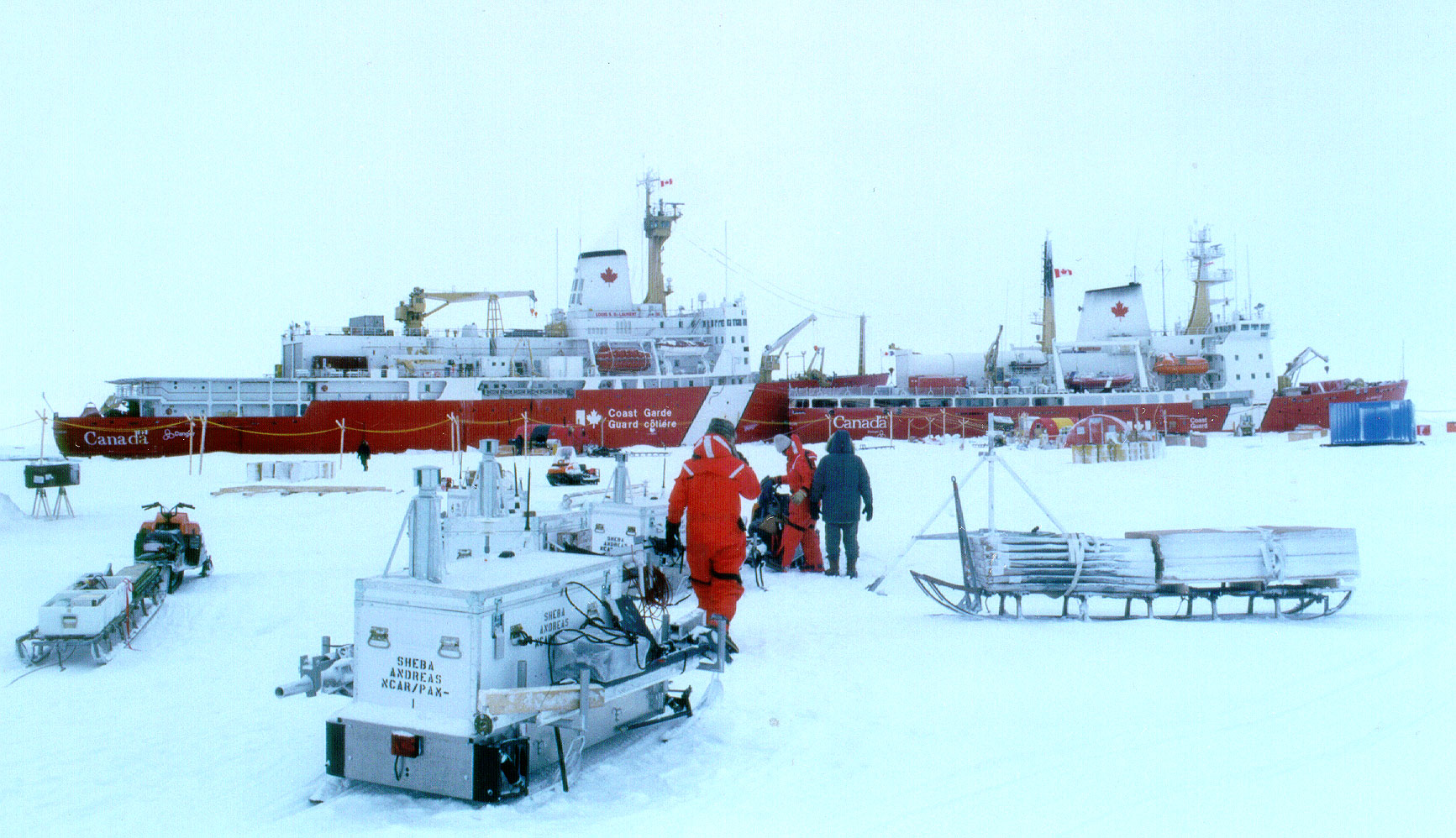The Northern Passage was a sea route long sought by mariners as they looked for a way to bypass the North American continent and reach the Pacific. When it was finally discovered and mapped, it was found to be a disappointment, because the sea ice that clogged the passage meant it could not be used as a route for most ships. That may now be changing. Predictions are that by 2050 the passage will be open for use for regular international shipping, including ships that have not been ice strengthened. When this happens, climate change will not be Canada’s only problem; it will face the dilemma of retaining sovereignty over the Northwest Passage, which may aggravate its relations with the United States.

In my last article I discussed the tensions between Russia and Canada in the Arctic. In this case though, Canada’s interests converge with Russia’s while diverging with America’s. As the Northwest Passage thaws, Canadian-American relations are likely to feel the heat too. Canada wants the Northwest Passage to be seen as Canadian territory as this would provide Canada with control over the ships that use the passage and thus increase Canada’s security. The United States has entirely different incentives, and plenty of reason to wish it to be considered an international strait. Russia has no reason to challenge Canadian interests, because it has a similar interest in preventing the Northern Sea Route from being considered an international strait.
Under the United Nations Convention on the Law of the Sea (UNCLOS), certain waterways can be seen as international straits. International straits are bodies of water through which ships from any nation have the right of innocent passage. Innocent passage means that any ship, civilian or military, can pass through the waters as long as its trip is “continuous and expeditious” and the ship does not carry out any hostile acts towards coastal states in the area. For a body of water to be considered an international strait it has to be used for international navigation, and that is where the legal disputes come in. Some argue that if only a few ships use the passage without the nearby coastal state being able to control and regulate their passage, then it could be considered an international strait. Others argue that it would require international transportation on a large scale, and a party willing to take the issue to an international court. Either way, the issue is of huge significance to Canada.
If the Northwest Passage and Northern Sea Route were to be considered international straits, Canada would still have some ability to regulate shipping through the area, and might be able to mitigate some of the environmental impacts of shipping, if the government so desires. UNCLOS allows for states to regulate traffic through straits neighbouring their coast, however they cannot restrict the innocent passage of ships through such straits. This means that Canada would not be able to control and prevent military vessels from entering the Arctic region and traversing through the Northwest Passage. This would in turn reduce the security of Canada’s Arctic.
To prevent this from happening, Canada has to prove that the Northwest Passage consists of waters internal to Canada and that the passage does not constitute an international strait. However, even if Ottawa were to win such a legal battle, it could put Canada on the fast track to deteriorating relations with its southern neighbour.
The United States wants to have the waters established as an international strait. While the United States has not ratified UNCLOS, it does see it as a convention of customary law, which means that it is still international law. While the United States is not likely to challenge Canada’s claim to the passage, if a ruling by an international court went in Canada’s favour, it would be a threat to American interests. If such a ruling happens it would create a precedent in international law, and other states bordering international straits could challenge the status of those straits. While the United States may not be a party to UNCLOS, other coastal states are, and if they challenge the status of international straits in other parts of the world it will compromise American interests by threatening the American navy’s ability to navigate the world’s oceans freely

Historically the United States has shown its opposition to Canada’s claim on several occasions. In 1969, the United States sent a supertanker through the region, and as a result Canada instituted the Arctic Waters Pollution Prevention Act, which Canada used to assert its right to control navigation in waters up to 161 kilometres offshore. In 1985, the United States directly challenged Canada’s claim to the Northwest Passage by sending the icebreaker Polar Sea through the passage without informing Canada. This resulted in temporary diplomatic tensions between the two countries, an issue which was eventually resolved with the 1988 Arctic Cooperation Agreement which requires that the United States obtain the permission of Canada to navigate icebreakers through the passage, on the understanding that Canada will always give that permission.
So far Canada and the United States have basically agreed to disagree. As long as things remain as they are, the United States has no reason to challenge Canada’s claims because their ships can move through the Northwest Passage freely. Additionally, the main threat to American interests comes from a failed challenge of Canada’s claim, rather than from the claim itself. In addition, because America is not a signature to UNCLOS they cannot actually challenge Canada, although this could change soon, as there is strong support in the United States for ratifying UNCLOS. Currently Canada’s claim is unchallenged, but as the Northwest Passage thaws Canada will have to deal with a dilemma: how can it retain control over the passage without compromising its relations with its primary ally?




